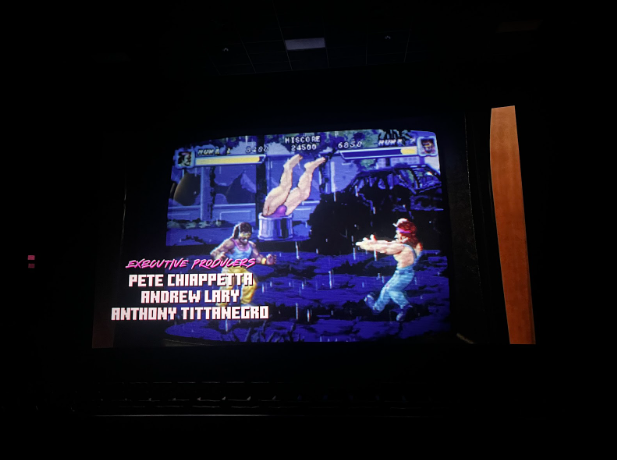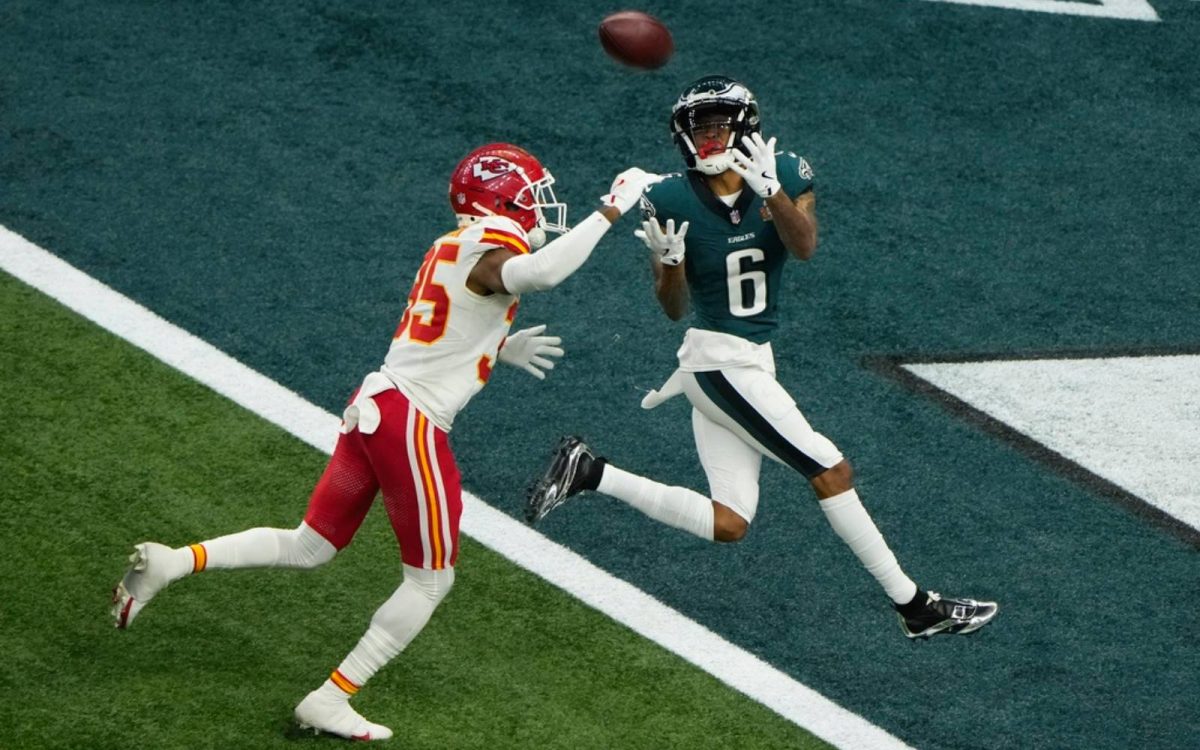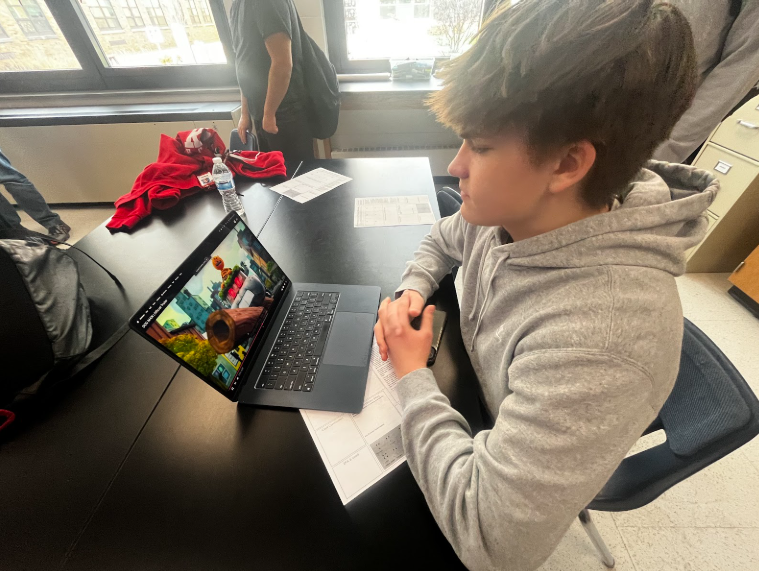There have been several studies in the past, such as the one conducted by the Prevention Research Center of the Pacific Institute, that have shown a connection between crime and violence with listening to hip-hop and rap music. However, it’s not that hip-hop causes these problems, but rather hip-hop is a reflection of them.
Hip-hop has been no stranger to controversy. With stereotypical topics such as gang violence and drug use plaguing the genre, several political pundits like Bill O’Reilly and politicians like C. Delores Tucker have come out against hip-hop, arguing that the music causes crime and violent behavior. However, a connection between hip-hop listeners and crime, which studies have shown, is much different than saying hip-hop is the actual cause of crime.
Hip-hop was primarily born out of economically poor, urban areas in the 1980’s. These are the kinds of areas that experience high gang violence and drug use, so it was natural for early hip-hop artists to encompass these topics in their music. For example, Nas, whose first release was Illmatic, was a portrait of the gang infested New York City of 1994. That’s why this kind of stereotypical subject matter dominated and shaped hip-hop early on.
And there are reasons why certain people are drawn to these topics. Much of what people listen to depends on their demographic. Everything from age, gender, to test scores can have a relation to what people listen to, and generally this relation is caused because people in certain demographics are drawn to music that’s relatable. Therefore, people living in poor, urban areas, where crime already exists, are more drawn to music that deals with subject matter that’s relatable.
While there are plenty of socially conscious rappers such as Kendrick Lamar, Lupe Fiasco, and Ab Soul, who challenge their listeners by critiquing the gang and drug culture of Urban areas, there are also those whose music can promote that culture and behavior, such as Lil’ Wayne or 2 Chainz. These artists, being such predominant figures in pop culture, can have an influence in the promotion of gang violence and drug use.
Nevertheless, these issues existed long before hip-hop, especially in the economically deprived urban areas where Hip Hop came from. While a specific group of artists are connected to this kind of behavior, it’s mainly because of the area and culture that these artists come from. The point is hip-hop doesn’t cause Gang Violence and drug use; drug use and gang violence cause hip-hop.











